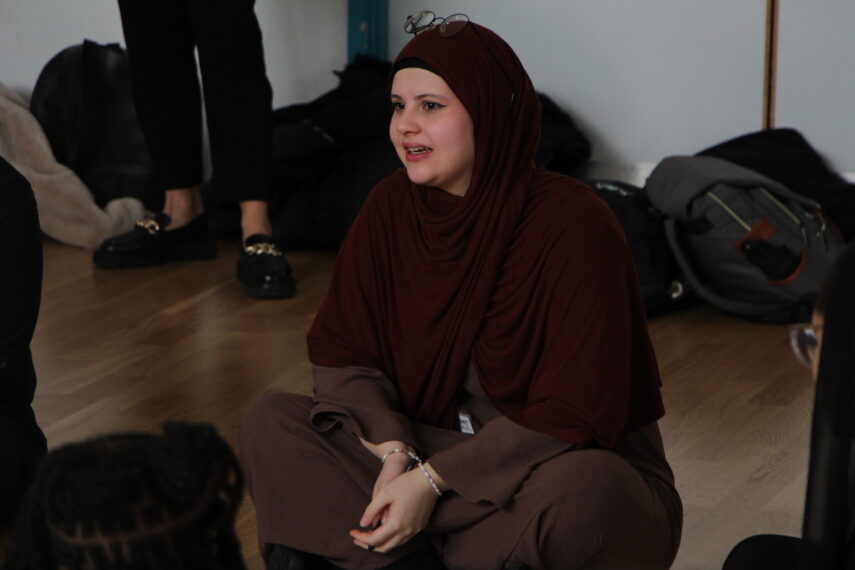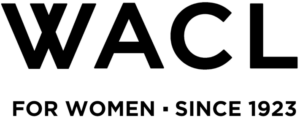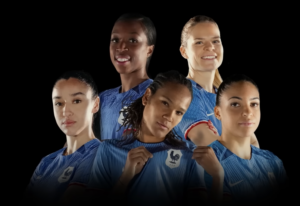
Why positive gender representation in advertising matters
Despite the fact that women account for around 80% of all consumer purchase decisions, numerous studies, such as IPSOS’s A Woman’s Worth, System 1’s Feeling Seen, and research from the Geena Davis Institute, indicate that women continue to feel inaccurately represented in advertising.
This doesn’t just do a disservice to the women and girls who make up our consumers, audiences and users. It’s damaging business as well, and Unstereotype Alliance research with Oxford University Saïd Business School demonstrates .
Read the ‘Work like the World Is Watching’ section of our 50% Playbook for tips on how to improve the representation of women in advertising.
Our first Campaign
Positive representation makes women and girls feel better about themselves, influences how boys and men perceive women and girls, and benefits business outcomes, so our first Represent Me campaign celebrated the impact of positive representation, shone a light on why representation matters to future generations of women, and encouraged the industry to ensure that all women and girls can look at our work and say ‘those ads brilliantly represent me.’ It ran as TV, cinema, and OOH ads, with thanks to Dove and ITV Creative.
To understand why positive gender representation matters, Watch our #RepresentMe campaign below.
And see what young women and girls told us about how they want to be seen here and explore some positive examples of ads that do it well here and here.
Our follow up Campaign
The Unstereotype Alliance’s State of the Industry report underscores the importance of acknowledging intersectionality and promoting all kinds of diverse women. Yet we know that, for instance, women of colour, lesbians, women with disabilities and midlife women still feel particularly underrepresented.
So we collaborated with Billion Dollar Boy, Pinterest, Snap and Youtube to spotlight four leading female voices from the Creator industry. Each of the creators was chosen for her pivotal role in fostering meaningful discussions about female representation across their growing communities on social media, and each emphasises the importance of representing all women authentically, particularly in areas where they are often overlooked or misrepresented..
Selma Nicholls and Chloe Davies from the WACL Represent Me committee spoke with creators Trina Nicole, Lucy Edwards, Jamelia Donaldson, and Ellen Jones, exploring their perspectives on representation in advertising. These conversations have been compiled into longer-form films and short clips available on our Youtube Channel.
Both the videos are below.
Special Thanks to: Pinterest, Snap, and Youtube for their support. Billion Dollar Boy for collaborating with us (@blndollarboy) EssenceMediacomX for their support in planning and activating paid advertising credits. A big thank you to the WACL Represent Me committee, chaired by Leigh Thomas, and its members Caitlin Ryan, Vanella Jackson, Milka Privodanova, Beth Freedman, Jessica Lovell, Selma Nicholls, and Chloe Davies for all their hard work this year in making this campaign happen.



